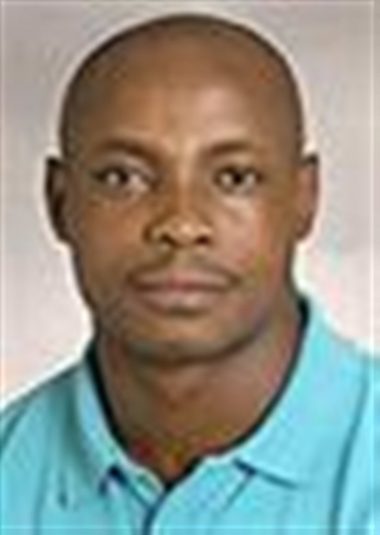 The (Greensboro, N.C.) News & Record published a guest column by Ocek Eke in its March 6, 2008, edition. Eke, an assistant professor in the School of Communications, recounted his experience of helping to lead a class to the Gulf Coast over winter term for a course on volunteer work and social justice. Eke argued that the recovery efforts taking place in Mississippi and Louisiana are due in large measure to the work of volunteers.
The (Greensboro, N.C.) News & Record published a guest column by Ocek Eke in its March 6, 2008, edition. Eke, an assistant professor in the School of Communications, recounted his experience of helping to lead a class to the Gulf Coast over winter term for a course on volunteer work and social justice. Eke argued that the recovery efforts taking place in Mississippi and Louisiana are due in large measure to the work of volunteers.
This is the text of the column he submitted:
“Elon University renewed this winter its commitment to the people of the Gulf Coast by sending students and faculty to help in the Hurricane Katrina rebuilding. It was my third trip since the storm, and it is disappointing that so little progress has been made. It seems that the country as a whole has moved on, especially with the economy slowing, the overseas wars still raging, and the national primaries taking center stage.
“While many may have forgotten the destruction in the Gulf region, Elon is one of several academic institutions that remain engaged in the rebuilding process. I traveled in January with several students and a faculty colleague to Mississippi and New Orleans as part of our service-learning course on volunteerism and social justice. Students learned about the hurricane and its aftermath in the classroom, then visited the region to witness first-hand the extent of devastation.
“Our drive revealed lot after empty lot with “for sale” signs, properties with steps that led nowhere, and occasional dots of new houses standing next to FEMA trailers. Students gawked at the scale of destruction. Several wondered aloud how such calm water on the bay could do so much damage. The effects of the storm, still painfully felt today, go beyond property damage. Two local mayors spoke of serious mental health problems in their communities, like increases in suicide rates, alcoholism and depression. Strict building codes and high insurance rates caused many residents to relocate, which explained the “for sale” signs dotting the land.
“One recurring theme, however, is the importance of volunteers in rebuilding the Gulf Coast. The two mayors, as well as other people we met, acknowledged that without volunteers like us, the progress that has been made to date would be non-existent. Through volunteers, the people and leaders of the area feel connected to the rest of the country. “Civic engagement” became very real concept for students because they realized the term extends beyond voting, but rather involves an obligation as citizens in a democratic society to our neighbors, especially in times of crisis or natural disasters.
“Students repeatedly asked, “Where is our federal government?” “Why isn’t more being done for these people?” “Is this the United States or Haiti?” I can understand the students’ frustration. Officials estimate that it will take at least 10 years at the current rate of rebuilding and investment for the area to return to normal. Certainly there is a federal response, but the snail’s pace at which it occurred, and the bureaucratic obstacles inherent in the process, have created a vacuum that has further deepened the perception of incompetence and neglect. It is the volunteers that continue to fill this vacuum.
“In his final State of the Union address, President Bush announced plans to host the upcoming North American Summit of Canada, Mexico and the United States “in the great city of New Orleans.” I hope he will take a tour of the city outside the French Quarter and the downtown. The lower 9th Ward is still a ghost town, and some victims of the storm still live in tents under the Interstate 10 bridge. Two hundred thousand citizens have yet to return to live in the city because they have no homes to return to, and much of the infrastructure damaged by the storm and flooding has yet to be repaired. While individual empowerment as numerously emphasized by the President in his speech is vital in the process of rebuilding the gulf coast, we must not excuse the abdication of the government’s responsibilities to its citizens.
“There is much work to be done in the region, and we must not forget our fellow citizens. I am proud that Elon University is dedicated to this rebuilding effort. My students have learned valuable lessons – and many have committed to go back and continue the work. I can only hope that our government honors its own commitment to the same end.”


